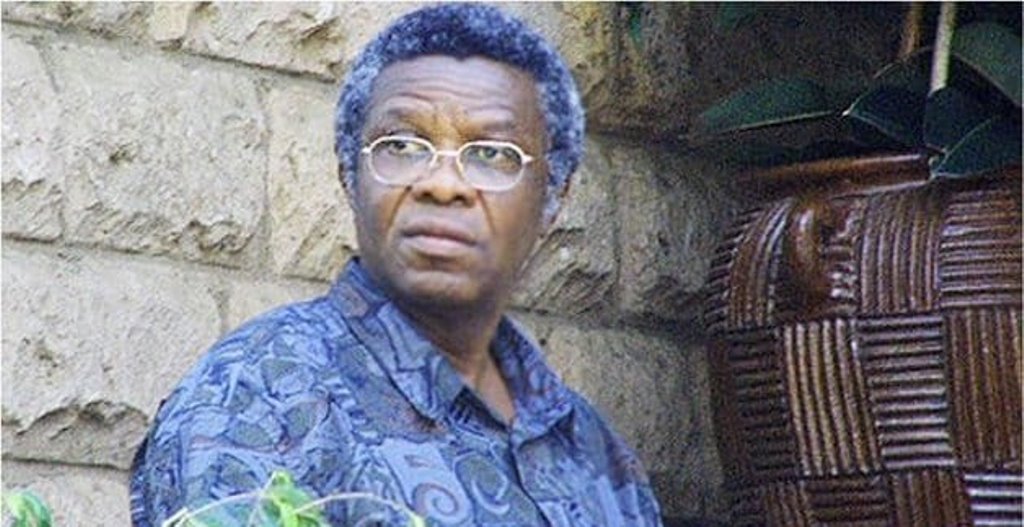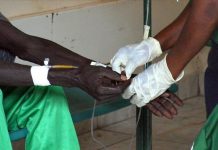AfricaPress-Tanzania: THE International Residual Mechanism for Criminal Tribunals has decided that Rwandan fugitive; Felicien Kabuga should be transferred and tried at the Arusha Branch of the Mechanism and not The Hague.
In a decision delivered in Arusha on Wednesday, a Duty Judge, William Sekule dismissed a motion by Prosecutor Serge Brammertz that seeks to amend the arrest and order for transfer of Kabuga so that he is transferred to The Hague, Netherlands.
Dismissing the motion, Judge Sekule said the motion was not sufficiently supported and that if transfer to Arusha from France where he was arrested and is being detained is not possible at the relevant time, appropriate relief may be sought.
“The motion provides no information that France will not adhere to the Arrest Warrant and Order for Transfer at the appropriate time so long as travel to Arusha remains possible. Indeed, the Arrest Warrant and Order for Transfer was issued pursuant to Chapter VII of the United Nations Charter and France’s international obligation to the effect that Mr Kabuga’s transfer to the Mechanism under the terms of this order prevail over national law,” said the duty judge.
He noted that, relatedly, the Motion’s reliance upon ‘ potential’ litigation before French courts opposing Kabuga’s transfer to Arusha that the Prosecutor asserts might delay it is not sufficiently compelling basis to modify the Arrest Warrant and Order for Transfer at this time.
Kabuga, one of the world’s most wanted fugitive, was arrested by French authorities in Paris on May 16th. He is alleged to have been a leading figure in the 1994 genocide against the Tutsi in Rwanda.
Judge Sekule, a Tanzanian who served on the International Criminal Tribunal for Rwanda (ICTR) in Arusha, Tanzania between May 1995 and March 2013, said that notwithstanding as ‘ urgent’, history has shown that those indicted by the ICTR and arrested in France have been detained and prosecuted between three and eight months prior to transfer to Arusha, and nothing in the motion suggests that conclusion of Mr Kabuga’s process in France is imminent.
Furthermore, he ruled that the motion is premised on unspecified ‘practical challenge’ related to Kabuga’s transfer from France to Arusha due to Covid-19 pandemic related restrictions in an accessible manner, nor, if in place, account for likely length of proceedings in France regarding the transfer and possibility of such restrictions being lifted when transfer is appropriate.
“Fundamentally, the Motion does not presently demonstrate that Mr Kabuga’s anticipated transfer to the Arusha Branch – as indicated by the Arrest Warrant and Order for Transfer – is an actual or likely impediment to his transfer into the custody of the Mechanism,” said the judge.
The operative arrest warrant was issued by the Mechanism by Judge Vagn Joensen on 29th April 2013 and ordered Kabuga’s transfer to the Arusha Branch of the Mechanism for trial.
The judge said there was no need to await response from Kabuga in the matter because arrest warrants and orders for transfer are typically issued ex parte by judges.
The World Health Organisation (WHO) declared Covid- 19 a global pandemic in March this year, resulting in travel and movement restrictions in nearly all countries that are evolving and subject to change.
That is a reason the Prosecutor requested modification of the order and warrant. The judge’s decision comes a few days after Tanzania opened its skies for international airlines.
Kabuga was indicted by the United Nations International Criminal Tribunal for Rwanda in 1997 on seven counts of genocide, complicity in genocide, direct and public incitement to commit genocide, attempt to commit genocide, conspiracy to commit genocide, persecution and extermination, all in relation to crimes committed during the 1994 genocide against the Tutsi in Rwanda.







